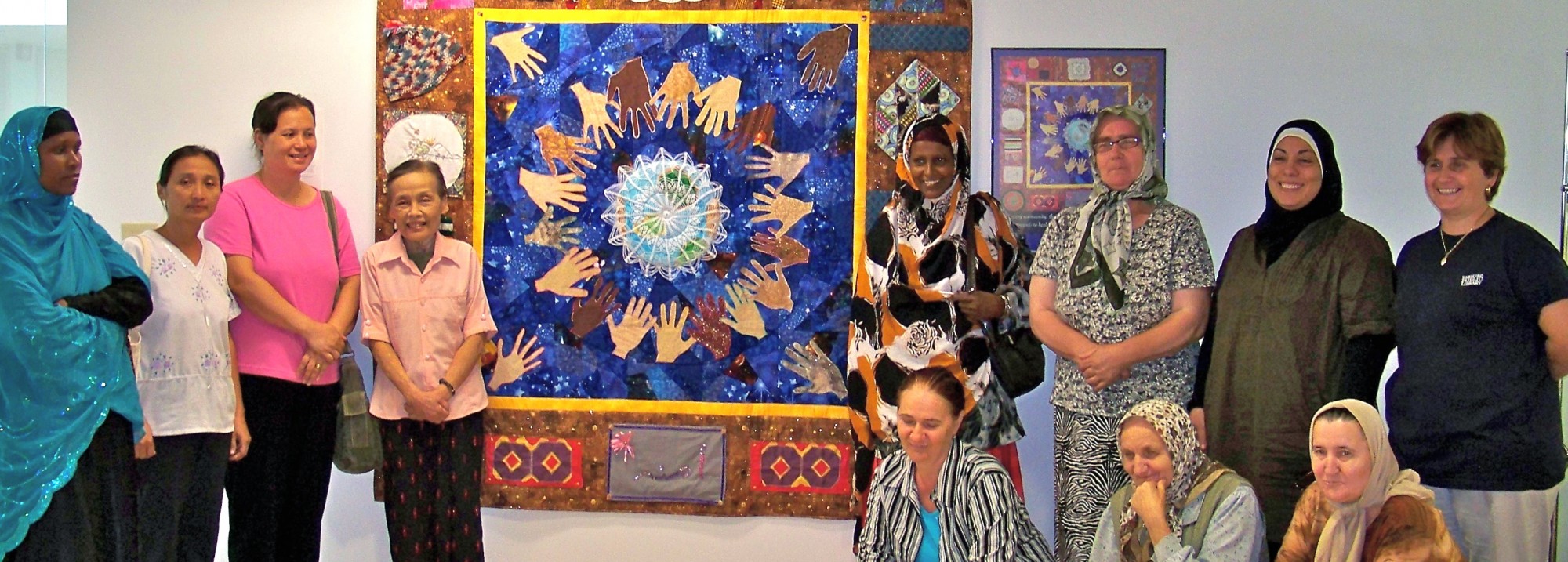This semester, I volunteered at English language classes at the Hartford Public Library and assisted the English teacher in her course for beginners. I was able to interact with a lot of really interesting people who comprised the class, and were also recent immigrants in the United States. Most of the students were from Latin America, and spoke Spanish as a first language. The classes were really well structured and focussed on holistic education, so that students could practice reading, writing and speaking while they were there. More importantly, I got a chance to meet a large number of really interesting individuals with whom I had some long conversations with. This post will describe some of those conversations.
One of the first conversations I had was with Hugo, from Colombia, and Maria, from the Dominican Republic. Hugo arrived in Hartford around a year ago, and lives in an apartment on Main Street. His company, which processes coffee, sent him from Colombia to help with the marketing of their product in the region. They chose Hartford because of its large Hispanic population, which consumes that particular brand of coffee, and the city’s proximity to both Boston and New York for additional expansion. He seems to be very well off, and said that he currently holds a senior executive position at his company in Colombia. He says that he likes it here, and is looking forward for the next four years that he is supposed to live in the United States. He does mention, though, that had he been in a city with English as the dominant language, he would have found it easier to learn English.
Maria is a citizen of the United States, and had come here from the Dominican Republic around 12 years ago. Her level of English is really advanced, in comparison to the others in the class, but not good enough for the intermediate level class, that is also held in the library. She was mentioning about her recent visit to the dentist, and we began talking about health insurance. She said that she was lucky that she was covered under the insurance; otherwise, her bill would have been extremely high. She said that she was eligible for low cost insurance under Obamacare. She lives in Windsor, and drives to Hartford for the classes. She seems to be very culturally assimilated into the United States, probably because of the long time she has spent in this country.
Midonso is from Togo and is the only student in class who does not speak or understand Spanish. She speaks French, and her native language, Mina. As I am the only other person in class who speaks at least some French, I have had to explain many new words to her. Her learning rate is phenomenal, she can now communicate pretty well in English, albeit the difficulties she has with reading. What is surprising is that she is more than seventy years old, and still manages to attend every single class without fail. She lives in Hartford with her extended family. Her son is a part of the intermediate English class, and she comes to the library with him. Her whole family visits Togo every year to meet with old family friends and relatives. She says that being comparatively wealthy, her family is socially pressured to buy expensive presents for their relatives back home in Togo, and as a result going back is very expensive each year. But in spite of that, she says that she goes back because she misses life in Togo; the cold winter provides an additional incentive to go back as well.
The most important thing that I learnt from these interactions was that showing an interest in the lives of immigrants puts them at ease and helps them feel comfortable in the new environment of their host society. The amount of information that I got to learn from them made me realise the huge diversity that was present in the English classroom, and allowed me to identify with what immigrants think and made me realise the importance of the immigration process. Chinmay R.
